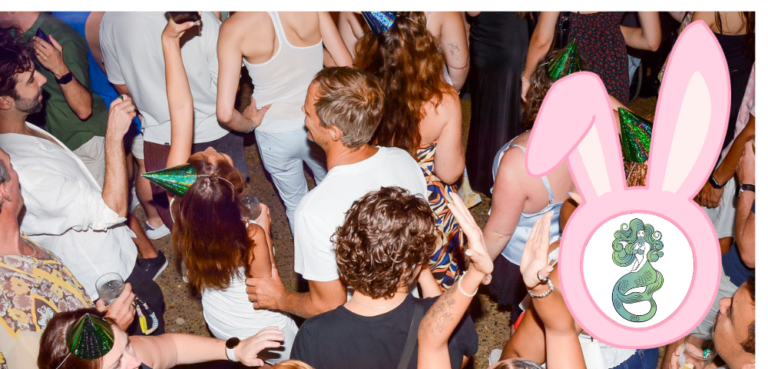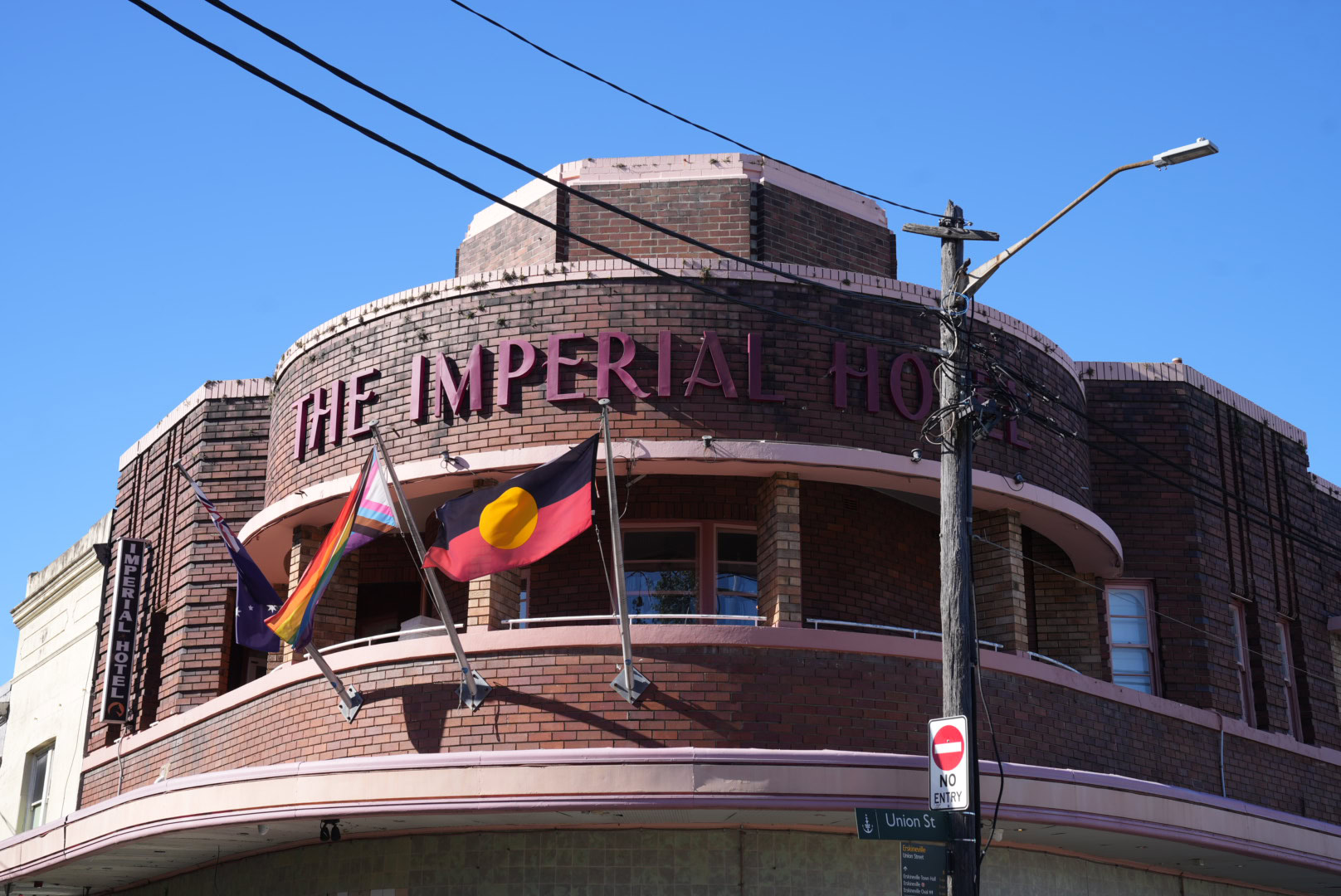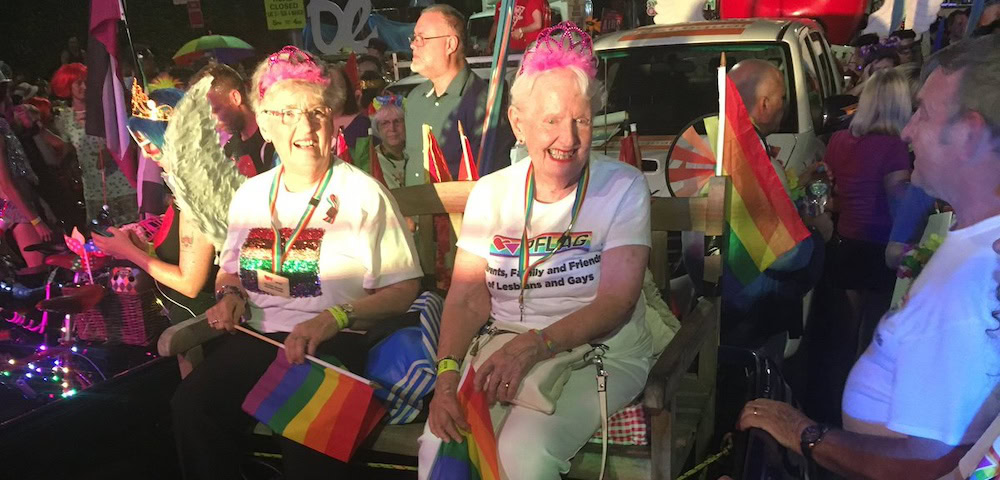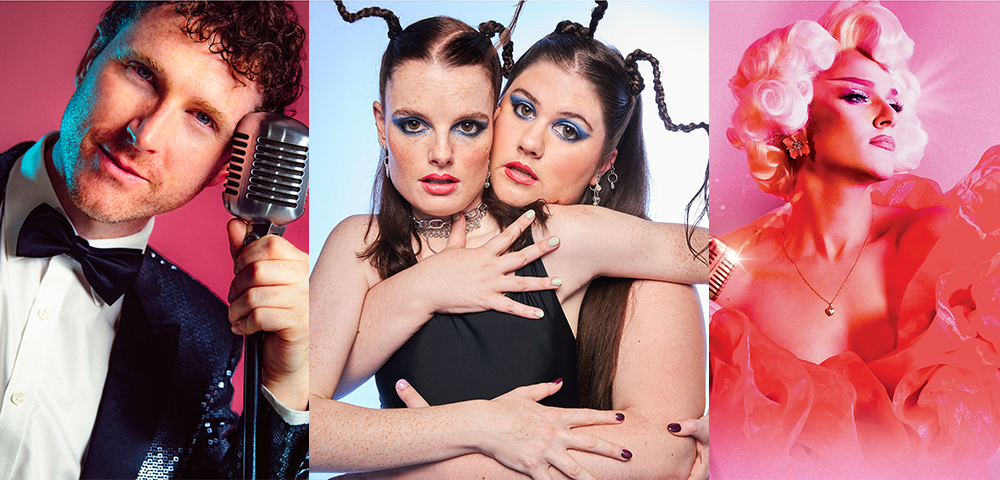
Words and music
Halfway through the interview Fiona McGregor tells me that she’s taken her interview drugs to get her through what she feels is a nerve-racking experience. Later, she excitedly runs away from the table to speak to someone who is waving at her from a stopping bus.
If this gives the impression that McGregor is a little scatty, this would be unfair. She does apologise before running up to the bus and declines to give opinions on other writers because she says she isn’t well read enough. There’s a sense of self-effacement and quiet order to McGregor’s alternative veneer, which pretty much sums up her latest novel, Chemical Palace.
It’s a carefully crafted and lush novel, in both ideas and imagery, with a narrative that jumps from viewpoint, time and place with a drug-like (in)consistency. The setting after all is Sydney, with a focus on a group of artistes/misfits who struggle to create that perfect dance party in the face of licensing busts and personal tragedy. Naturally, it’s also a metaphor.
It’s about celebration and partying and a really primal thing, says McGregor. -¦ It’s a really primal, universal tradition that’s always going to be there, no matter what form it takes.
McGregor knows what she’s talking about, having played a significant role in organising events such as Fanny Palace and I-Ball. She is also the author of two other works, the novel Au Pair and her short story collection Suck My Toes.
Seven years ago McGregor also appeared nude in the premiere issue of Blue magazine. Then, McGregor spoke about rejecting pigeonholes like lesbian fiction, and suggested that she was uncertain about her range as a writer. Have times changed?
Back then I probably thought that putting out two books that I knew what I was going to do, but I was wrong, says McGregor. I’m quite happy to not know, really.
As for queer/lesbian/gay lit, McGregor is also philosophical. If it is more dissipated I think that’s a really good thing. I was never comfortable with those categories anyway. I was sort of put into that category with my second book, but it was actually a really broad canvas that stretched over to all sorts of different places.
Chemical Palace depicts a myriad of musical and sexual remixes, with a commonsense representation of characters living not only with HIV but HCV. That the publisher is Allen and Unwin is testament not only to McGregor’s skill as a writer but another example of the conceptual reshelving of works, once dismissed (or subculturally marketed) as gay and lesbian fiction.
But the issue isn’t about identification for McGregor, but about finding a market for fiction in general.
I think writing’s really been hijacked by the media, insists McGregor. Most people read newspapers and magazines, they don’t read fiction, so they tend to have a more literal view of storytelling -¦
Give McGregor myths instead, or the ineffable drive of music. Or a palace built on chemicals.
Â
Fiona McGregor will read from Chemical Palace at Hot Off The Press: New Fiction as part of the Gay Games Cultural Festival. Other authors reading on the night of 5 November include Dorothy Porter and Andrea Goldsmith. The event will be at Stereo Nightclub, Exchange Hotel, 34 Oxford Street, Darlinghurst. Tickets are $15+BF and may be booked on 9266 4020.









